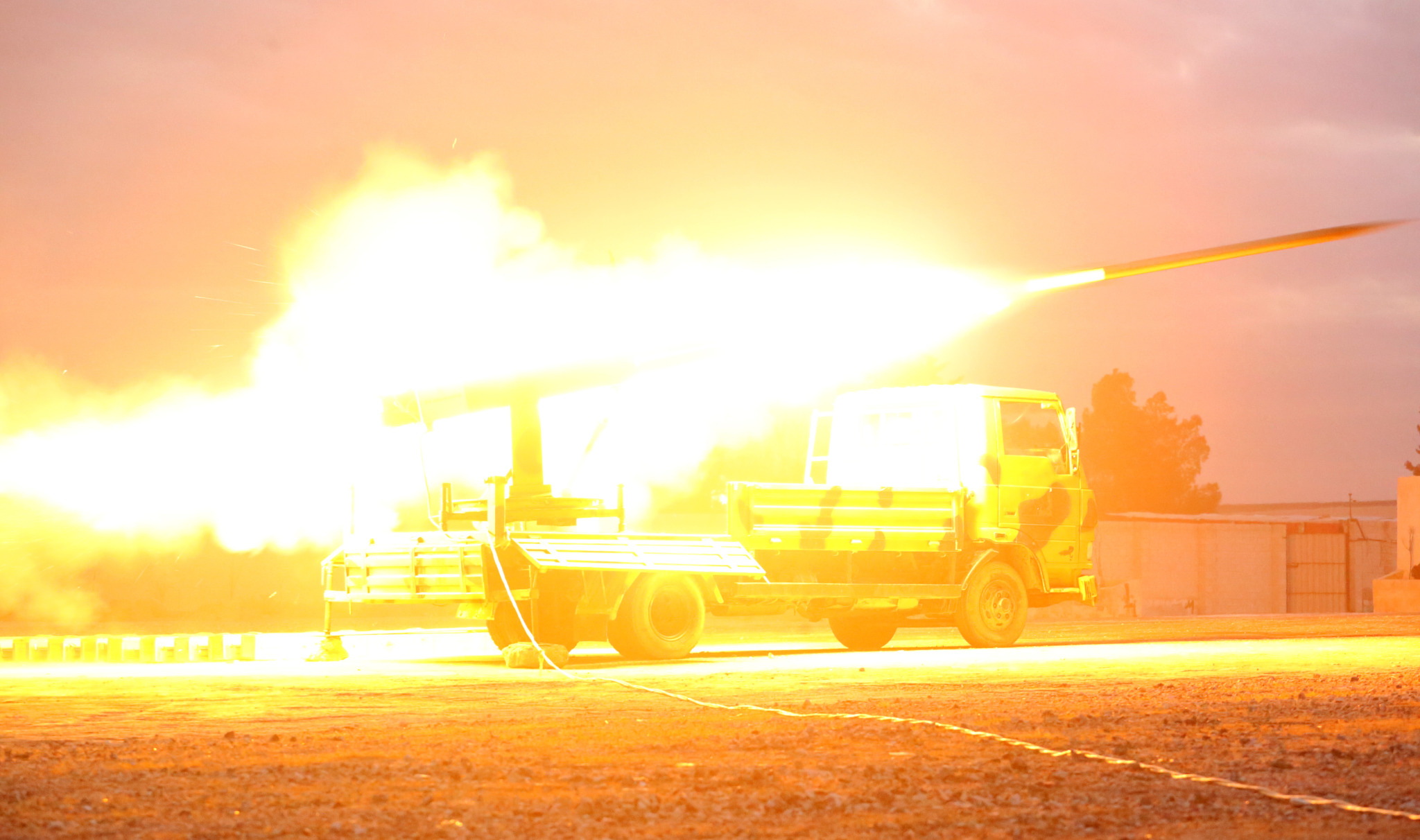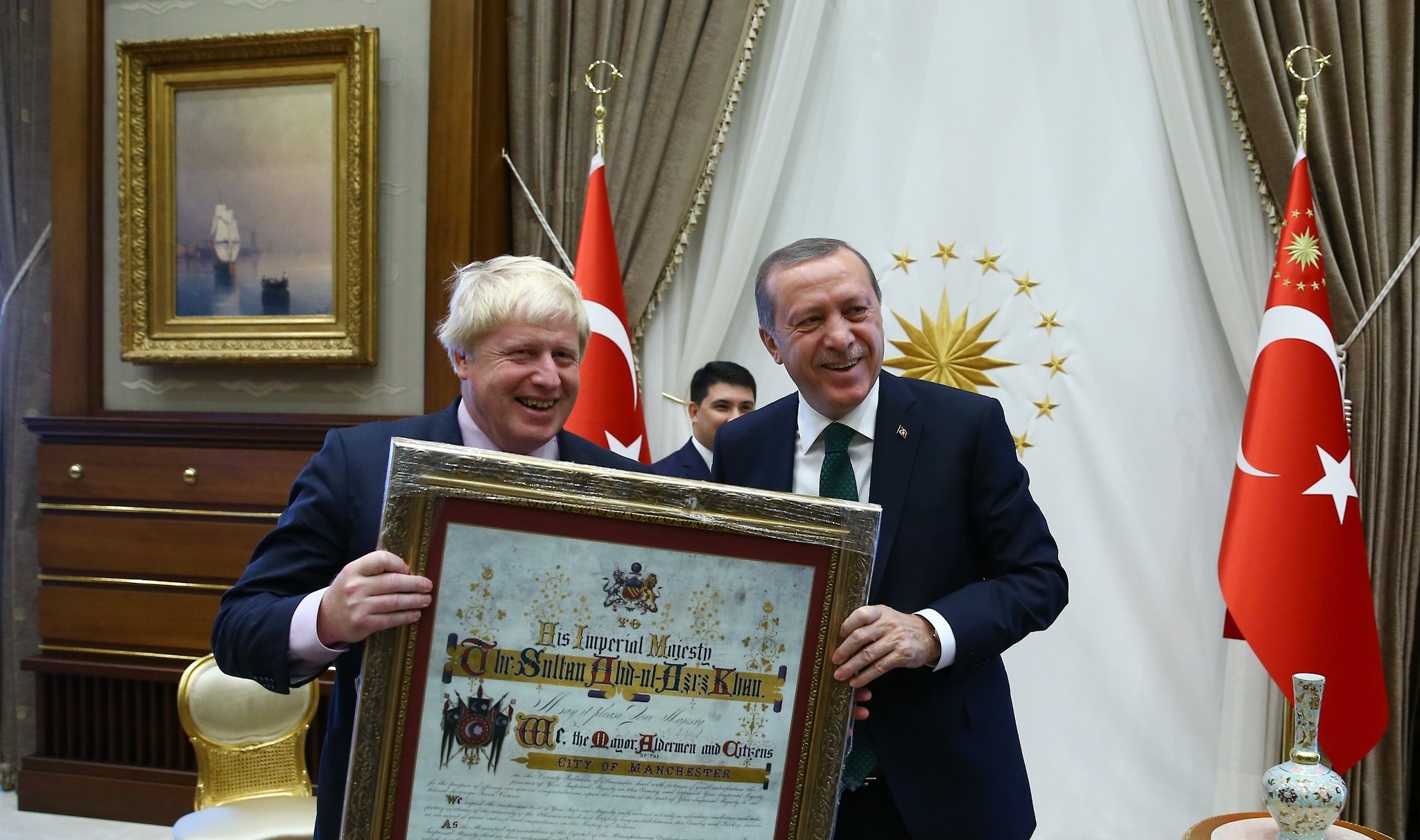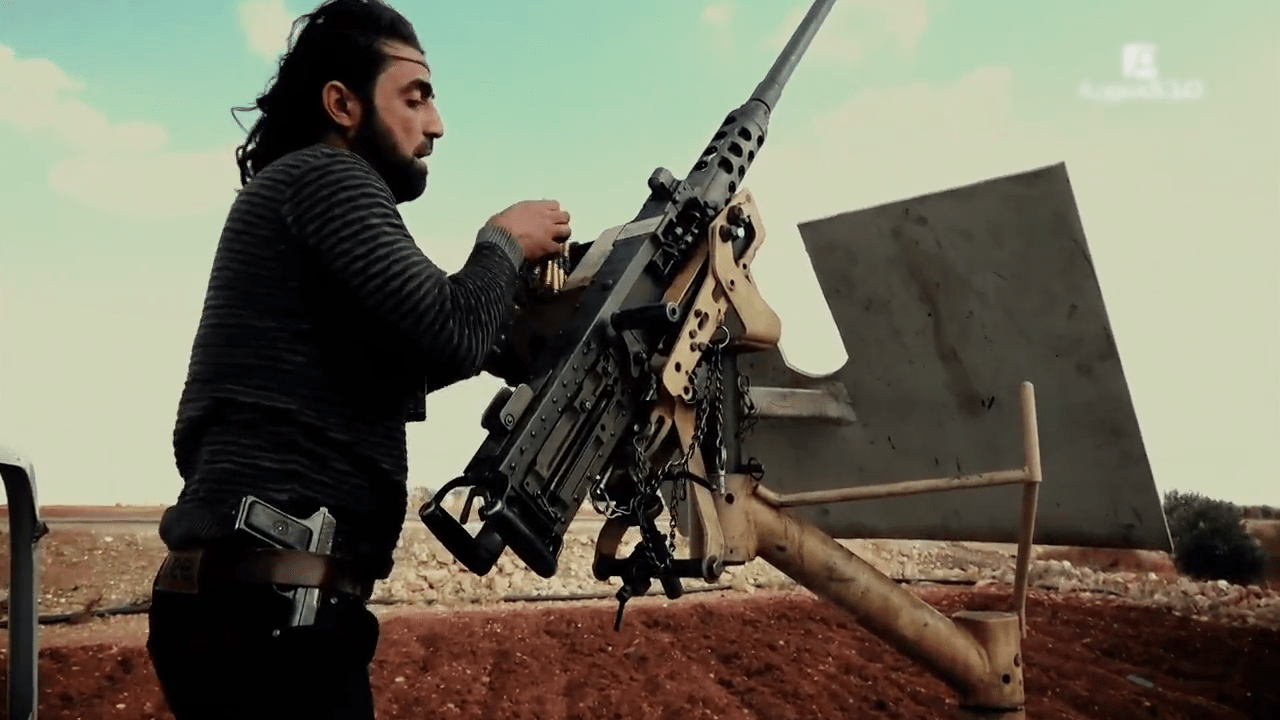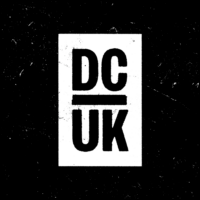Turkey is using Russia’s invasion of Ukraine to seek a green light for a new invasion of autonomous, Kurdish-led regions of Syria.
Such an invasion would not only bring further death and displacement to the Kurds, but destabilise the region and deepen the gulf between Nato and Russia, Kurdish politicians have told Declassified.
Ankara has conducted two previous military operations against the autonomous region known as Rojava or North and East Syria (NES). These have seen Turkish forces kill hundreds and displace hundreds of thousands of Kurds and members of other minorities.
They occupied and annexed Kurdish-majority regions totalling thousands of square kilometres, in violation of international law.
Ankara conducts airstrikes in the region reliant on Western-supplied technology and deploys proxy militias accused of a raft of war crimes by the UN, and sanctioned by the US for harbouring scores of former members of the Islamic State (ISIS) terrorist group.
Since the start of this year, Turkey has already launched 41 drone strikes in the region, according to the on-the-ground monitor Rojava Information Centre (RIC).
Ankara is using a similar pretext to Vladimir Putin’s rhetoric in Ukraine – claiming it is conducting ‘security operations’ along its border, which in reality point to war, annexation and Turkification on the basis of forcible expulsion of local ethnic minority populations.
Now, Turkish president Recep Tayyip Erdoğan is threatening a third invasion of the region.
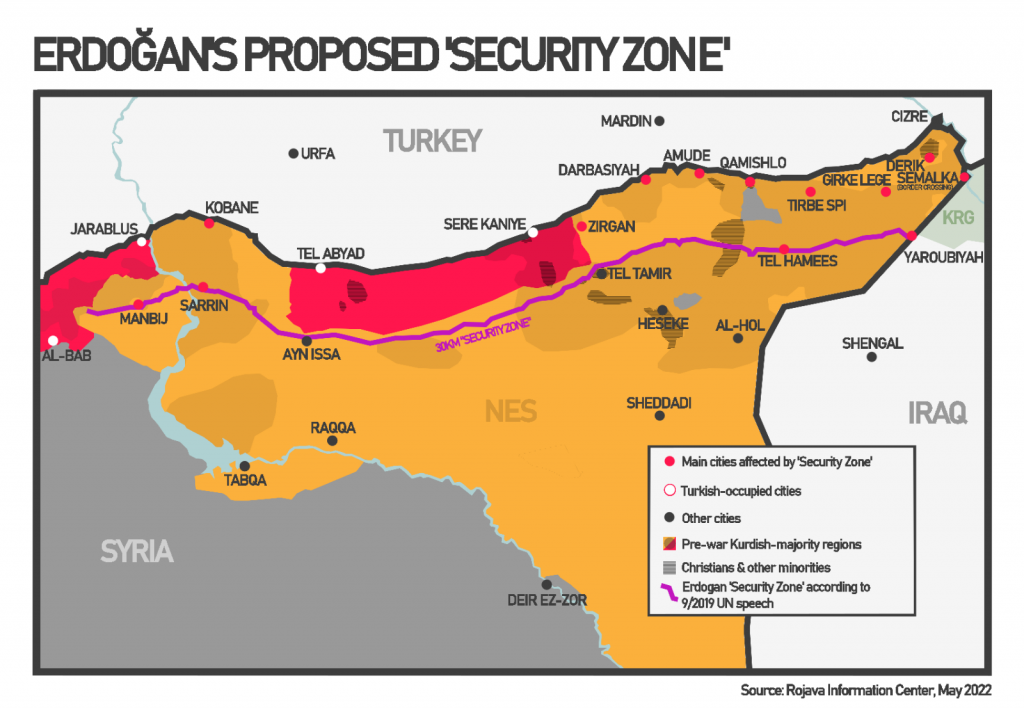
Emptying the region
Sasha Hoffman, a researcher with RIC, told Declassified: “During previous invasions, Kurdish-majority regions were subjected to campaigns amounting to ethnic cleansing”.
She adds, “Should Turkey go through with its plan of establishing a 30km-deep ‘safe zone’ on Syria’s border, most cities and most Kurdish-majority and Christian-majority regions in NES would be affected”.
This could mean that detention centres holding ISIS militants, such as those in Derik and Qamishlo, “would be left unguarded and lead to mass prison escapes.”
Occupied regions in NES are seeing Turkish-mandated colonisation resulting in “the systematic altering of the demographic composition” – with Nato powers remaining silent over Turkish policies which mirror Russia’s.
“He wants to immediately empty this region of Kurds”
Feleknas Uca, an MP with Turkey’s pro-Kurdish HDP party and co-spokesperson for foreign affairs, told Declassified that though Erdoğan cites security concerns to justify his policies, in reality “he wants to immediately empty this region of Kurds, completely change the demography of the region, and forcibly install Arab refugees from elsewhere in Syria.”
The timing of these threats is no coincidence. Erdoğan has portrayed himself as the only man capable of talking to both Washington and Moscow.
In reality, Turkey profits from the Ukraine conflict by selling lethal drones tested on Kurdish targets to Ukraine on the one hand, while opening its ports to Russian oligarchs on the other.
Bargaining chip
Sweden and Finland’s applications to join Nato have allowed Turkey – which has the second-largest army in the alliance and a veto over new member states acceding to it – to seek fresh concessions from the US.
Aso Viyan is a member of the Diplomacy Commission of the Kurdish Democratic Community Center, a representative body of the Kurdish community in Finland. He told Declassified Erdoğan is attempting to use Turkey’s veto as a bargaining chip to get a green light for new operations.
“By blocking Sweden and Finland from joining Nato, Erdoğan wants to blackmail Nato and the USA, and also get the green light from Russia to occupy more territories in Rojava”, he said.
Nato secretary general Jens Stoltenberg recently said Turkey’s concerns about terrorism were “legitimate” after Turkey accused Sweden and Finland of supporting and harbouring Kurdish militants.
Erdoğan has presented a shopping list of demands to Nato, also calling for the reopening of the arms trade with the Nordic countries after they suspended sales during his 2019 assault on Rojava.
Erdoğan also wants Turkey’s re-entry into the F-35 fighter jet programme, the extradition of Kurdish exiles and political leaders, including an Iranian Kurdish MP in the Swedish Parliament with no ties to Turkey whatsoever, and an end to these countries’ limited support for political dialogue with Kurdish representatives.
“There are strong trade links between Turkey and Europe… they want to use Kurdish regions as a bartering chip,” Uca adds.
The UK lifted restrictions on arms sales with Turkey in 2021, and removed even the limited criteria that remained in place in May 2022, as Turkey moved towards its fresh invasion of NES.
The UK government claimed last week that this decision was based on a “careful assessment” and was not taken “lightly”. British officials have spoken out to indicate they will stand by their “incredibly important” Nato ally during the stand-off over the Nordic countries’ accession to Nato.
Britain is even providing the engine for the TF-X indigenous fighter jet that Turkey is producing after it was booted out of the F-35 programme for buying a Russian air defence system capable of shooting down Nato jets.
Increase in shelling
Turkey benefits from East-West tensions to seek concessions from both sides. With Russian forces stationed in the west and Americans in the east of NES, Erdogan can play Washington and Moscow against one another.
Hoffman states that though there has been a “massive” increase in shelling and military manoeuvres by Turkish proxy forces in recent weeks, it seems neither power bloc views a fresh Turkish invasion as strategic.
“For the moment, it seems both the US and Russia are not pulling troops out of the affected territories – a precondition for a Turkish ground attack”, she said.
“Accepting any demands of Turkey means killing more civilians, ethnic cleansing and demographic change”.
“With the lifting of the Caesar sanctions on NES last month, it seems the US has decided investing in stabilising its partner in its war against ISIS is the smarter choice. Russia, on the other hand, sees little benefit in handing more of Syria to a Nato country.”
However, Hoffman goes on to warn that “the outcome of the war in Ukraine is likely to shift the current balance of power in Syria, and, in doing so, may make a Turkish invasion all the more likely.”
Even if an invasion is staved off for now, the other demands put to Nato by Erdoğan could destabilise the region. The concessions demanded by Turkey are also intended to eradicate the Kurdish movement, which is the sole regional actor advocating for peace, dialogue and democracy, the RIC researcher warned.
Aso Viyan says: “Accepting any demands of Turkey means killing more civilians, ethnic cleansing and demographic change, empowering dictatorship and eradicating democracy.”
Reining in Erdoğan
Erdoğan will keep attempting to extinguish the democratic opposition abroad through military, environmental, political and economic pressure.
Some 13 HDP MPs are already in jail in Turkey, 59 of 65 democratically-won HDP municipalities have been taken over by the government, and 40% of rank-and-file members have faced criminal investigation.
The government in Ankara is now moving to ban the HDP outright ahead of the 2023 elections – in which the country’s third-largest party will likely play a kingmaker role in unseating Erdoğan if it weathers the storm.
Some 21 Kurdish journalists were arrested just this week, joining tens of thousands of opposition figures, journalists and activists detained on often-spurious political charges. Across all Council of Europe countries, only Russia incarcerates more people.
But as HDP’s Uca indicates, “As long as the Kurdish question is not resolved, the wider crisis will not be solved. The third way which HDP is promoting has a space for everyone. For a democratic resolution in this country, HDP has a major role to play.”
Erdoğan relies on political polarisation to survive, both domestically against the Kurds and internationally between East and West. The pro-democratic, pro-rights Kurdish movement is the strongest bulwark against authoritarianism and chaos in the region – whether at the ballot box in Turkey or through political reform in Syria.
Rather than sacrificing the Kurds to appease their nominal ally, Hoffman says, in the long term “it is to the benefit of Nato powers to rein in Erdoğan”.

